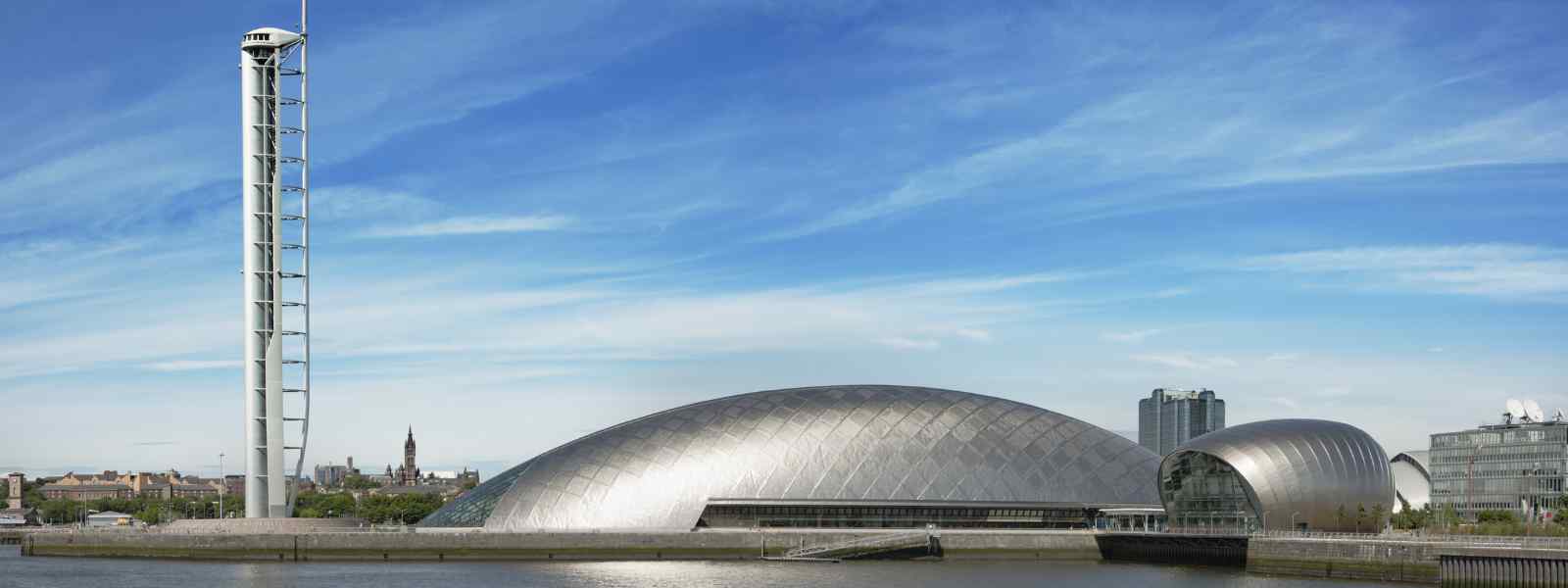
Scotland received more than £7.7 billion in EU Cohesion Policy funding over 50 years, creating 235,000 new jobs, according to a new University of Strathclyde report.
The study, ‘What has EU Cohesion Policy funding done for us?’, by Strathclyde’s European Policies Research Centre (EPRC) was commissioned by the Scottish Government and examines the impact of more than 60 development programmes between 1975 and the final closure of the last Scottish programmes this year.
Job creation
It found that EU funding played a key role in supporting economic restructuring, job creation, skills development, innovation, infrastructure upgrades and community regeneration across Scotland. The programmes helped create more than 235,000 new jobs, safeguard a further 60,000 and support more than 260,000 businesses, with hundreds of thousands of individuals benefitting from skills initiatives.
The research also highlights EU support for improvements to roads, harbours, ferry links and IT networks, particularly in the Highlands and Islands. Major projects such as the Glasgow Science Centre, the Falkirk Wheel, The University of the Highlands & Islands and Scalpay Bridge on the Isle of Harris, were among the beneficiaries.
Professor John Bachtler, who led the study with colleagues Rona Michie and Rachel Maguire, said: "Scotland benefited massively from EU funding over a long period. When the European Regional Development Fund was first set up in the mid-1970s, Scotland was the third largest recipient from the fund.
It helped Scotland to cope with the impacts of deindustrialisation through investment in new infrastructure, environmental remediation of industrial sites, new business formation and employment and training schemes, especially in the Central Belt.
He said that the EU also funded many improvements in roads, harbours, ferry links and IT networks across the Highlands & Islands, as well as universities and further education colleges across Scotland, and added: “The University of the Highlands & Islands would probably not have come into being without EU funding, but it wasn’t just big projects that received funding.
“Scotland was a pioneer in Europe in ‘community development’, giving local communities in both urban and rural areas the opportunity to develop projects that improved local quality of life and employment opportunities – the regeneration of town centres, community halls, care facilities and tourism promotion.”
Life sciences
Rona Michie, co-author of the report, and a Senior Knowledge Exchange and Research Fellow at EPRC, said: that in later years, much of the funding was less visible as it focused on research, innovation and technology transfer, but added: “It was still crucially important for Scottish businesses, universities, research institutes and other organisations, to be internationally competitive in areas like renewables and life sciences.
“Scotland was one of the first countries in Europe to part-capitalise financial instruments with ERDF funding. The Scottish Co-Investment Fund set up in 2003 was widely regarded in Europe as an exemplar of best practice as a private-sector-led financial instrument, combining public sector interests and private sector expertise and standards.”
The report also outlines Scotland’s significant role in EU ‘territorial cooperation’ programmes, which facilitated collaboration with other European regions on transnational initiatives.
Shared knowledge
Rachel Maguire, also co-author and a researcher in EPRC, said: “Scotland also played an important role in these programmes, working together with other countries and regions in Europe to develop transnational projects and share knowledge. Learning from others brought new ideas and inspiration to Scottish organisations.”
The study identifies several key lessons for future regional development in Scotland, including the value of ‘place-based’ policies that align national strategies with local knowledge and needs. The importance of sustained collaboration among different levels of government and stakeholders, and the necessity of long-term, predictable funding frameworks to support strategic investment and innovation, are also highlighted.
Deputy First Minister Kate Forbes said: "More than five decades of EU investment delivered tangible benefits for communities across the country, creating hundreds of thousands of jobs and helping to build iconic infrastructure from the Falkirk Wheel to the University of the Highlands and Islands."
The findings were launched at Scotland House in Brussels on 19 November, in partnership with the Scottish Government Brussels Office and Scotland Europa, before an audience of Scottish and EU stakeholders involved in programme delivery over the past 50 years.